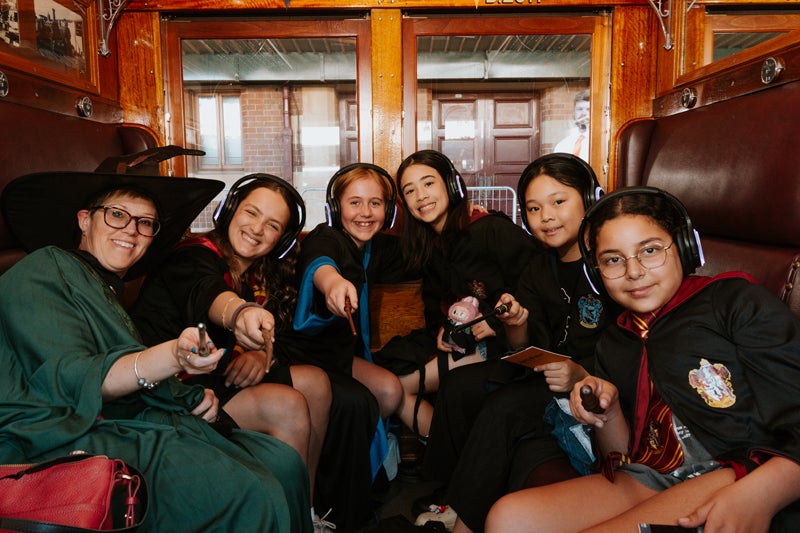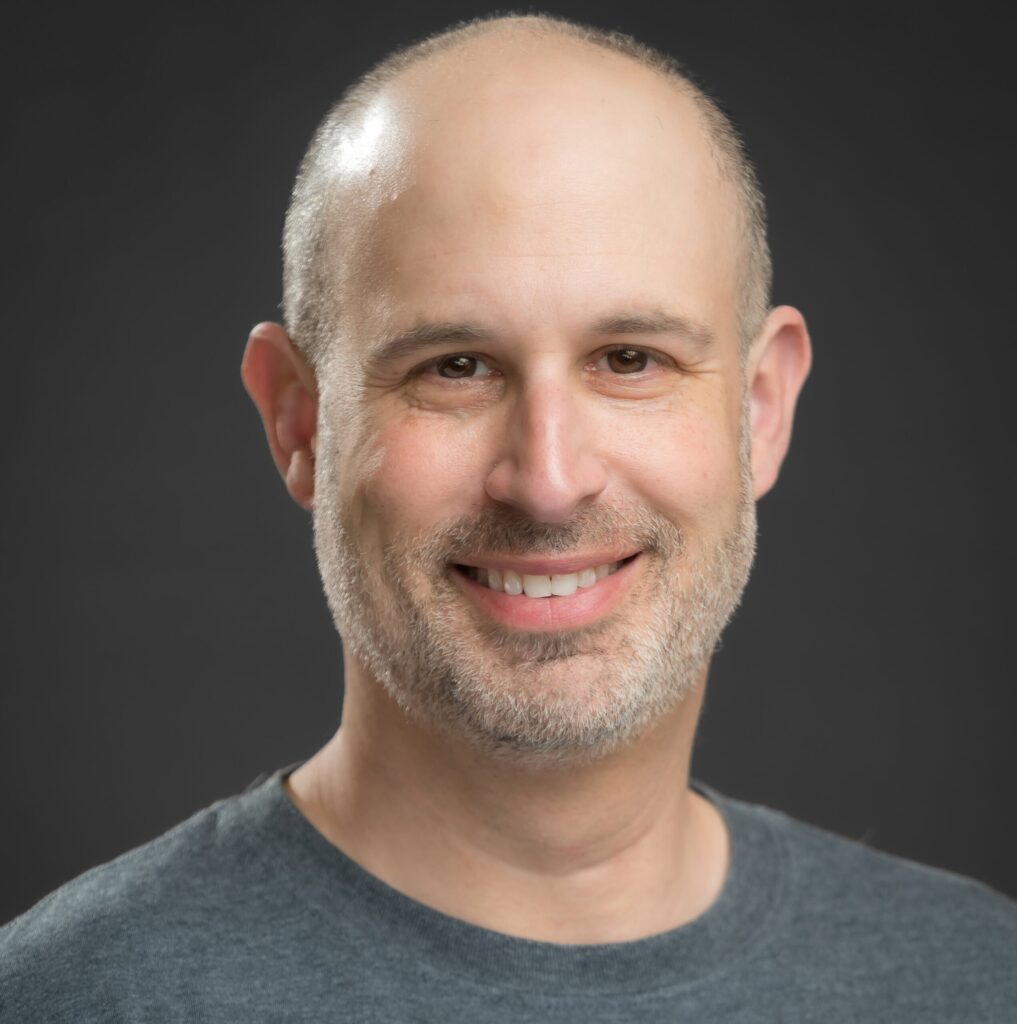Marketers and politicians have a lot in common. They’re both constantly campaigning for your dollar or your vote. And they’re both wholeheartedly embracing online content delivery mechanisms as a way to stump for your heart.
Democratic presidential candidates such as Hillary Clinton and Barack Obama used the Web to announce their intentions to run for the nation’s top office. And on the other side of the ideological divide, Republican Mitt Romney’s campaign built it’s Web site with features like an “invite your friends” interface and “Mitt TV,” a video player that will deliver a constantly changing mix of content.
Earlier this month, YouTube officially debuted their role in the process with YouTube You Choose ’08, a centralized hub of candidate created channels.
“At it’s core, YouTube is about democracy and self-expression and we’re proud to be providing politicians with an environment where they can share information with voters,” said Chad Hurley, YouTube co-founder and CEO, in a statement.
Using online media is a great way to give the impression that you are savvy and speak the language of young voters, agrees Adam Paul, manager of new business for interactive design firm ID Society Inc. But politicians need to make sure that they use new media in the right way; after all, anything that seems “hokey” could have an adverse affect, he notes.
Social media such as MySpace is a great way to connect with voters interested in a specific topic, such as the environment, says Paul. But both candidates—and marketers—should keep in mind that the more content you put out online, the more content you make available for people to manipulate and make you look foolish.
“They could make you look like a monkey if they wanted,” he says. “The danger of losing control is there.”
Rather than just tossing up a 30 second commercial on YouTube, Paul suggests to clients that they get creative instead. For example, giving 30 cameras to students and letting them create their own vision of a spot for the brand is a much more innovative idea.
Presidential candidate John Edwards is a client of podcast hosting firm Wizzard Media. Dave Chekan, a principal of Wizzard, says online social media is a natural fit for those making a run for office.
“People who have a strong conviction for a message like politics or religion are using these opportunities to do it themselves and broadcast their convictions,” he says.
Dave Mansueto, another principal of Wizzard, says that while the danger for loss of control is there, a better tactic is to simply leap wholeheartedly into the brave new world of online media.
“Bottom line, it makes better sense for everyone if they fully embrace it,” says Mansueto. “It’s a conversational medium, where people send in questions and want to hear answers. They want to feel like they’re participating in a discussion. They don’t want to feel like things are being filtered through PR agents. There needs to be two-way discussion.”



